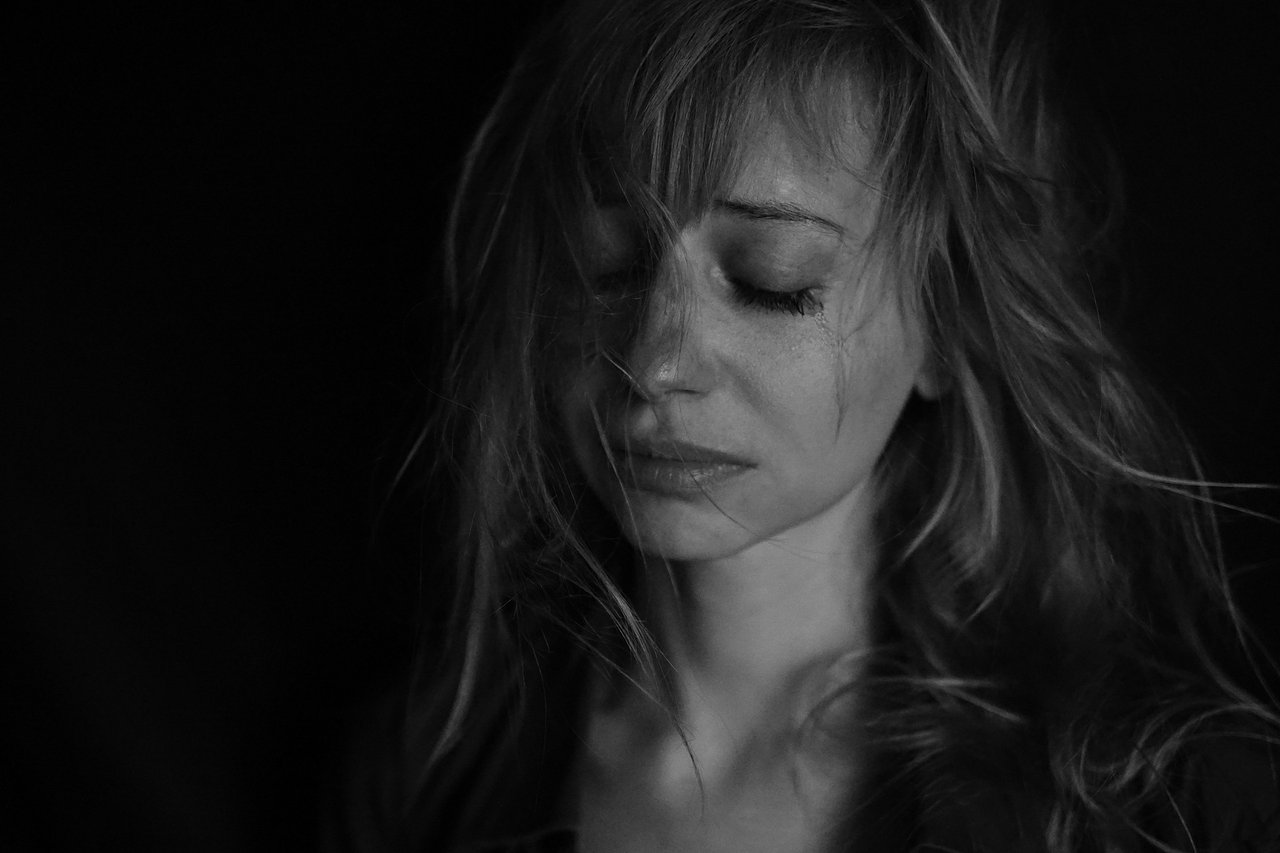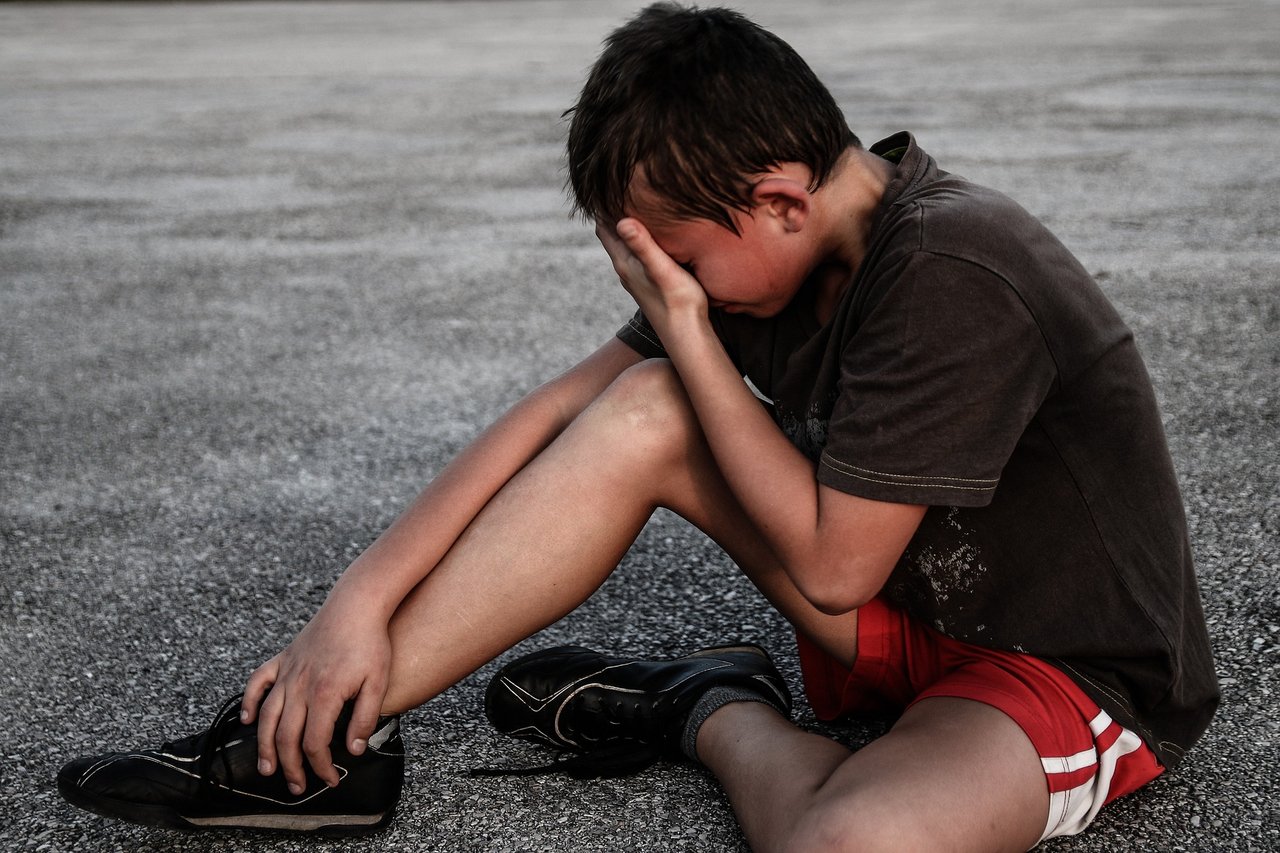Babies, children, adults, and the elderly can cry in their sleep. Waking up with tears in your eyes can be upsetting. This article looks at what makes people cry in their sleep and when to seek medical help.

Crying during sleep, also known as "nightmares," can be caused by a number of factors such as
Psychological factors Stress, anxiety, depression, post-traumatic stress disorder (PTSD) and other mental health conditions can trigger nightmares and cause crying during sleep.
Medical conditions Certain medications, sleep disorders, and neurological conditions can also cause nightmares and crying during sleep.
Substance abuse Alcohol and drug use can also lead to nightmares and crying during sleep.
- Emotional stimuli in dreams Sometimes crying during sleep can be a normal response to emotional stimuli in dreams.
It's important to note that crying during sleep can be a normal response to emotional stimuli in dreams, but if it is happening frequently or causing distress, it's best to consult with a doctor or mental health professional for proper evaluation and treatment.
Getting baby to sleep through the night is probably the number one thing most new parents look forward to. Babies tend to cry in their sleep because they are not used to moving from one stage of sleep to the next. However, as babies grow and develop, they wake up less frequently, allowing their parents to get a good night's sleep.
Adults who are emotionally drained, have a mental health condition, or have recently had a traumatic experience may shed tears while sleeping and upon waking.
For the elderly, physical changes, dementia symptoms, mental and emotional aspects of aging, and the stress of life transitions can cause crying during the sleep cycle.
Below are some possible reasons why crying occurs during sleep.
Sleep stage transitions refer to the changes that occur in the brain and body as a person moves from one stage of sleep to another. There are five stages of sleep, each characterized by specific patterns of brain activity, eye movements, and muscle tone:
Stage 1 (N1) This is the transition stage between wakefulness and sleep. It is a light stage of sleep characterized by slow eye movements and decreased muscle tone.
Stage 2 (N2) This stage is characterized by a further decrease in muscle tone and eye movement. Brain waves become slower and more synchronized.
Stage 3 (N3) This is a deep stage of sleep characterized by very slow brain waves, called delta waves. This is the stage of sleep where the body repairs and rejuvenates itself.
Stage 4 (REM) This is the stage of sleep characterized by rapid eye movements and increased brain activity. This is the stage where most vivid dreams occur.
During the night, a person will cycle through these stages several times, typically spending the most time in N3 and the least time in N1. The transition from one stage to another is a gradual process, and it is normal for some fluctuations to occur. However, disruptions in sleep stage transitions can be a sign of sleep disorders, such as insomnia or sleep apnea.

Night terrors, also known as sleep terrors, are a type of parasomnia characterized by episodes of intense fear and panic during sleep. They typically occur in the first few hours of sleep, usually during the deep stage of non-rapid eye movement (NREM) sleep. People who experience night terrors may scream, thrash around, and appear to be in a state of panic, but they usually don't remember the episode when they wake up.
Night terrors are different from nightmares, which occur during the rapid eye movement (REM) stage of sleep and are typically remembered.
The exact cause of night terrors is unknown, but they can be triggered by factors such as sleep deprivation, stress, fatigue, and changes in sleep patterns. In some cases, they may also be a symptom of an underlying medical condition, such as sleep apnea.
If you or someone you know experiences night terrors, it's important to talk to a doctor for proper evaluation and treatment. In some cases, lifestyle changes, such as maintaining a regular sleep schedule and reducing stress, can help reduce the frequency and intensity of night terrors. In more severe cases, medication or therapy may be necessary.
Suppressed emotions and grief can both impact a person's mental and emotional well-being and can have an effect on their sleep. It is not uncommon for people who have experienced a loss or are struggling with unresolved emotional issues to have trouble sleeping, including having nightmares or crying during sleep.
Suppressed emotions can also lead to physical symptoms, such as tension and pain, which can interfere with sleep quality. Grief, in particular, can cause intense feelings of sadness, guilt, and anger that can be difficult to process and can impact sleep patterns.
It is important to seek support and to address unresolved emotions and grief in a healthy and constructive manner. This can include talking to friends and family, seeking support from a mental health professional, or participating in therapy or counseling. Additionally, practicing good sleep hygiene, such as maintaining a consistent sleep schedule and creating a relaxing bedtime routine, can help improve sleep quality and reduce the impact of suppressed emotions and grief on sleep.
